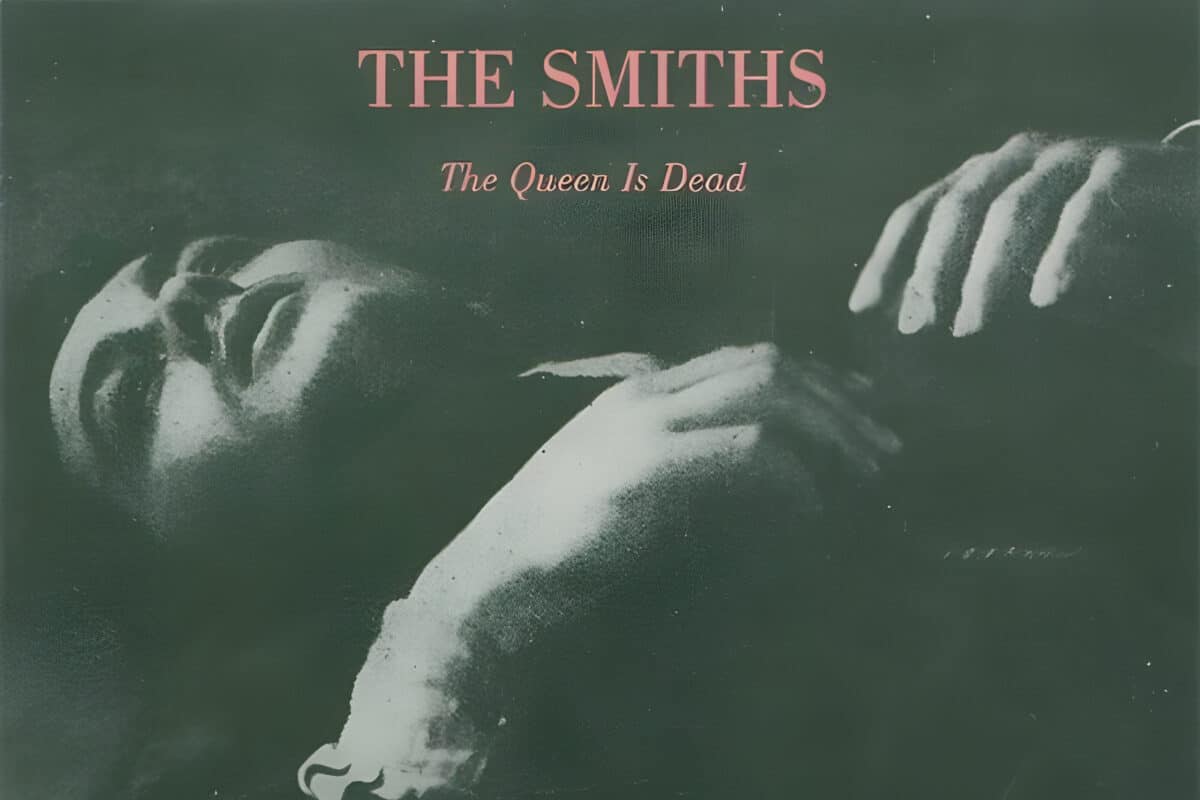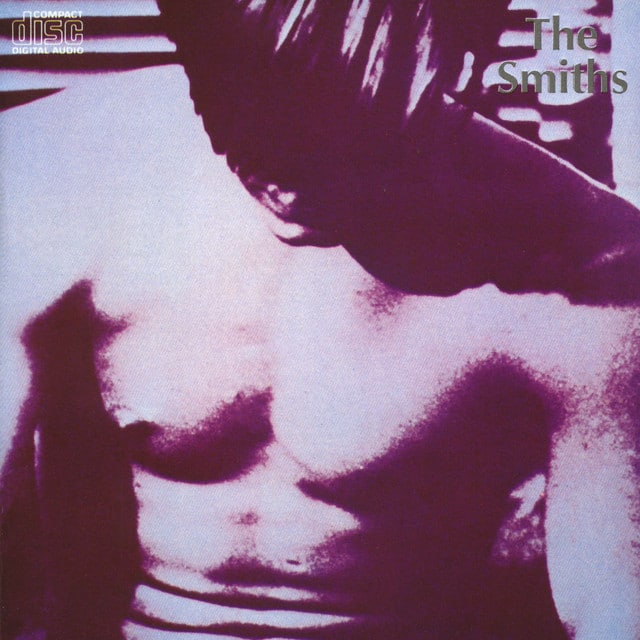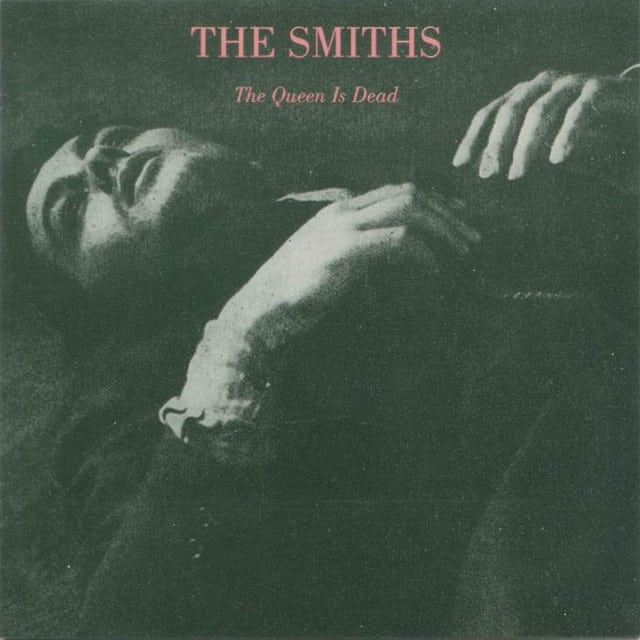Released: 1986
The Smiths’ “Bigmouth Strikes Again” is a masterclass in lyrical dexterity, blending wry humor with introspective depth. At its core, the song dances around themes of regret, self-criticism, and the consequences of one’s words, all wrapped up in the band’s signature jangly guitar sound and Morrissey’s distinctive croon. It’s a track that mirrors the internal monologue of someone who’s all too aware of their tendency to say the wrong thing at the wrong time.
The song kicks off with a declaration of “Sweetness, sweetness, I was only joking”, immediately setting the tone for a narrative of backpedaling and explanation. The speaker admits to fantasizing about acts of violence against someone, quickly assuring that it was all said in jest. This opening is classic Morrissey – darkly humorous and dramatized, yet revealing a deeper discomfort and self-awareness. The mention of wanting to smash every tooth and bludgeon implies extreme reactions to probably much less extreme situations, nodding to our often disproportionate inner anger towards daily annoyances or interpersonal conflicts.
But then, Morrissey drops a cultural reference with the line, “And now I know how Joan of Arc felt”. This comparison elevates the song’s narrative, likening the speaker’s suffering from his own words to the martyrdom of Joan of Arc. It’s hyperbolic, sure, but it adds layers to the song’s exploration of guilt and persecution. The mention of Joan’s “Roman nose” and a “Walkman” or “hearing aid melting” injects an anachronistic humor into the situation, blending historical martyrdom with modern inconveniences, possibly suggesting how our personal tribulations, though trivial in comparison to Joan’s, can feel just as monumental in the heat of our personal moments of shame or regret.
The chorus, “Bigmouth, la-da-da-da-da, Bigmouth strikes again”, is a self-admonishment, catchy yet poignant. Morrissey acknowledges his ‘big mouth’ as a recurring issue, painting himself as someone who often speaks without thinking, leading to inevitable fallout. The repetition of this confession, paired with the declaration he has “no right to take my place with the human race”, underscores a feeling of unworthiness and self-imposed isolation stemming from his actions. It’s a dramatic, self-flagellating response to the realization that words can hurt, and once they’re out, they can’t be taken back.
Through “Bigmouth Strikes Again”, The Smiths offer more than just a catchy tune; they provide a glimpse into the turmoil of oversharing and the repentance that follows. The song’s genius lies in its ability to wrap introspection and self-critique in layers of humor and historical reference, making it a timeless piece in The Smiths’ discography. Morrissey’s lyrical prowess shines as he navigates the complexities of human interaction, revealing the pain, humor, and humility in recognizing our flaws, especially in the age of constant communication.








